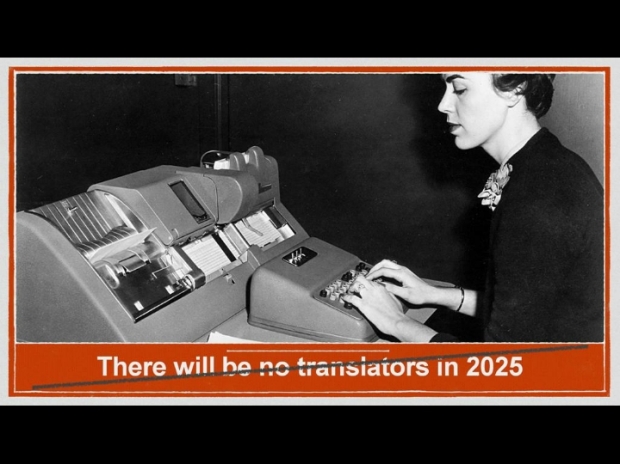
Tourism and travel is a constantly growing industry which includes many sections, from destination browsing to travel deals to accommodation and leisure. Travel websites, booking engines, hosting platforms, hotels and tourism providers need to reach a multilingual global audience. Competition is so high that they do not only need to show their potential clients their product/service, they need to convince them, make them feel the need for their services.
Here is where a specialized and experienced travel and tourism translator comes in, offering the best linguistic solutions to their marketing needs. A translator specializing in travel texts can make the potential traveler feel excited about the place they are about to visit; he/she can help the young couple looking for the most romantic hotel decide which is The one, can convince families that your apartment is the safest family-friendly choice or your restaurant offers allergy tolerance but delicious dishes or that the day trips you offer will make their holiday unforgettable.

They go beyond just passing information – they act as ambassadors and marketers for your business in their native language.
Tourism and travel translators do not translate just meaning.
They have strong copywriting skills that they use to make your services irresistible. They know which phrase sound best in their language and avoid synonyms with negative implications.
Also, marketing translators will go beyond words. They will suggest the right image to go with your ad, the length/style of text that is best suited to your audience and will point out any culture specific issues.
They will include in your website copy any humour or wordplay you had in your original text. The voice of your company will sound clear and distinctive and all the hard work you did with your marketing will not get lost.

Specialised tourism and travel translators will also add the right tone to your short social media messages and advertising campaigns.
They can also help you with SEO.
If you give them the keywords you want to use, they will incorporate them seamlessly in your copy and reach search engines like Google and your potential clients in a few clicks.
Keep in mind that you have to be clear and help them understand your company – and your potential clients. Are you a high-end, gourmet restaurant which aims to attract connoisseurs and good food lovers? You can’t have your menu translated as if it were a local tavern. Similarly, if you are a local tavern specializing in traditional, home-cooked dishes with local ingredients, you need your menu to reflect that and not appear like an exotic and extravagant diner.
And the million dollar question: Is a professional, specialized translator worth the cost?
Why shouldn’t you just use Google translate and have your Russian waiter/Italian cook/English speaking receptionist check it?
For all the above reasons and for another, very important one. We all know how to cook (well, not all, I guess 😉 ) but would you hire us to cook in your restaurant? We all speak our native language but would you trust your website texts to anyone who speaks the language? Or would you hire someone to serve your customers just because they speak Chinese?

We all have ten fingers but that doesn’t make us pianists, painters or skilled craftsmen. Education, specialization and experience are the most important words when it comes to trusting someone to help you with your business.

Are you a restaurant, hotel, travel or tourism company who needs to translate their marketing material to reach more customers? Send us a mail to discuss your company’s special needs and find the best solution for your business.
Some of the travel and tourism companies who trusted us with their content:
Eden Roc Hotel
Aquagrand Deluxe Resort
Louis restaurant
Sarris Restaurant
Rodos Palladium
Rodos Elysium
Afandou Bay Suites
Anthoula Traditional Taverna
Paragka Restaurant
Dodekanisos Seaways
…
And many more
Find out how we can help you! Be one of our 100% satisfied clients
Visit www.metaphrasi.gr/Services for more information or contact us at info@metaphrasi.gr, pm@metaphrasi.gr




























